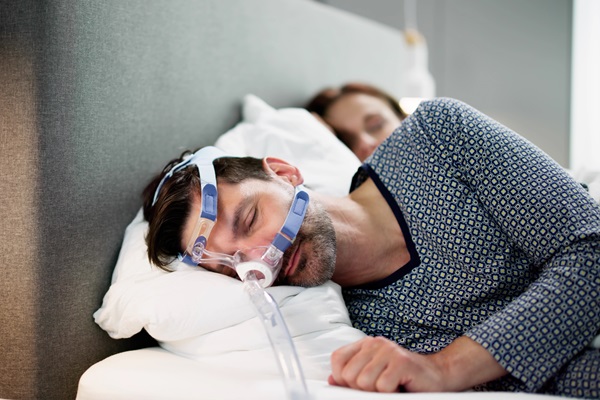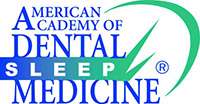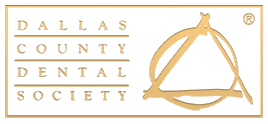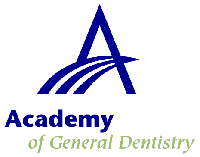Treating Sleep Apnea With Oral Appliance Therapy
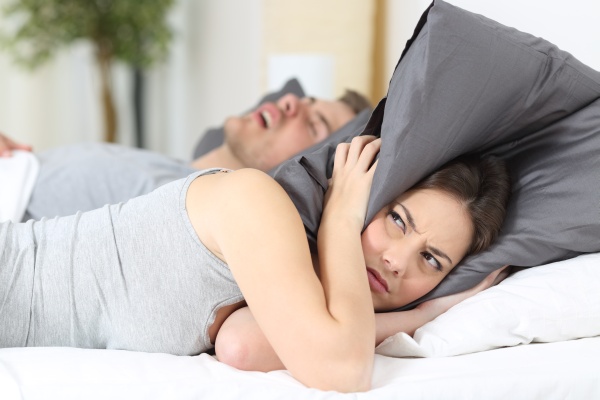
It may be surprising to some, but did you know your dentist can actually help with sleep apnea? The dentist is able to prescribe and fit you for a special oral appliance that can assist with proper airflow throughout the night. Here is what you should know about these devices.
What is sleep apnea?
Obstructive sleep apnea is when you stop breathing for at least 10 seconds in your sleep on a regular basis. The severity of sleep apnea depends on how often you stop breathing in the duration of an hour. Snoring can be a sign of partial sleep apnea; so are gasps and chokes when breathing is resumed. The cessation of breath is due to the muscles in the throat and mouth relaxing to the point where they restrict the airway. Along with constant fatigue from a lack of proper sleep, sleep apnea can lead to long-term complications such as cardiac issues and strokes.
The oral appliances
The purpose of oral appliances is to help prevent sleep apnea through placement in the mouth. Thanks to mandibular advancement devices and tongue retaining mouthpieces, oral appliances are a step down from having to use advanced equipment to treat sleep apnea.
Mandibular advancement device
Similar to orthodontic retainers, the mandibular advancement device (MAD) fits over the lower and upper teeth and is connected by hinges. The jaw and tongue are moved and kept forward by the MAD so that during the night the airway and airflow are never restricted.
Tongue retaining mouthpiece
These are built similar to the MADs but are kept in place via suction from a compartment around the tongue that keeps it forward. With the tongue retaining mouthpiece, the jaw is not kept forward for those who are unable to have their jaw do so.
Possible complications
The oral appliances used to treat sleep apnea do have some drawbacks and possible complications that need to be watched for and discussed with your dentist before using the appliance. They include the following:
- The appliances lead to increased amounts of saliva in the mouth, requiring frequent swallowing.
- Damage to teeth and soft tissues in the mouth and jaw muscles and joints is possible.
- The appliance can cause discomfort, especially in the morning. This may result in people not wanting to use the device as often as they should.
- The sleep apnea may be too severe for an oral appliance to be effective.
Conclusion
Oral appliances require a proper fitting in order to be effective for sleep apnea treatment, but they are simple and effective devices. Frequent visits with your dentist for any fitting changes as well as monitoring the effectiveness of your oral appliance can help you find the right fit to aid you in your sleep therapy. You do not need to suffer through sleep apnea affects when your dentist can help you with a simple device.
Are you considering getting an oral appliance for sleep apnea in the Sunnyvale area? Get more information at https://stonecanyondental.com.
Check out what others are saying about our dental services on Yelp: Do I Have Sleep Apnea.
Recent Posts
Sleep apnea treatments can significantly improve energy, focus, and general well-being. Dentists strive to help patients experience substantial relief and improved sleep through tailored treatment solutions. From comfortable oral appliances to collaborative care plans, these dental providers take a proactive approach to helping you get better rest.Sleep apnea is a common condition that disrupts breathing…
A dental bridge is a restorative treatment that fills the gap left by a missing tooth. These restorations feel similar to natural teeth and prevent additional oral health issues from arising due to gaps in the smile. Qualifying for dental bridges is also easy. Most patients find they qualify, and if they do not, they…
A healthy, complete smile is not only about looking good but is also important for your overall well-being. Dental bridges can help restore the appearance and function of your teeth. However, common misconceptions about these replacement options can prevent people from understanding their benefits. Let us debunk some common myths about dental bridges.While dental bridges…
When a dental emergency hits, it is important to know where to go to access the right care. An emergency dentist is often the right provider, although life-threatening emergencies require a trip to the emergency room. Learning when to go to the emergency dentist versus the emergency room can save you time, money, and discomfort.…

